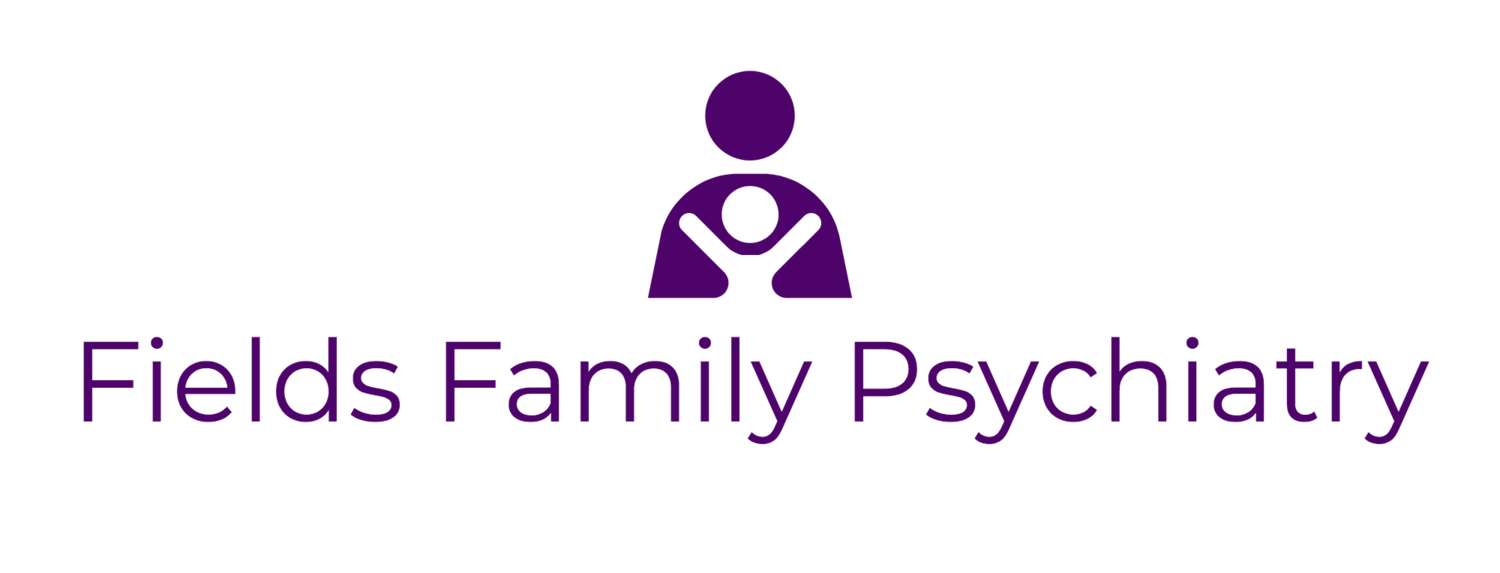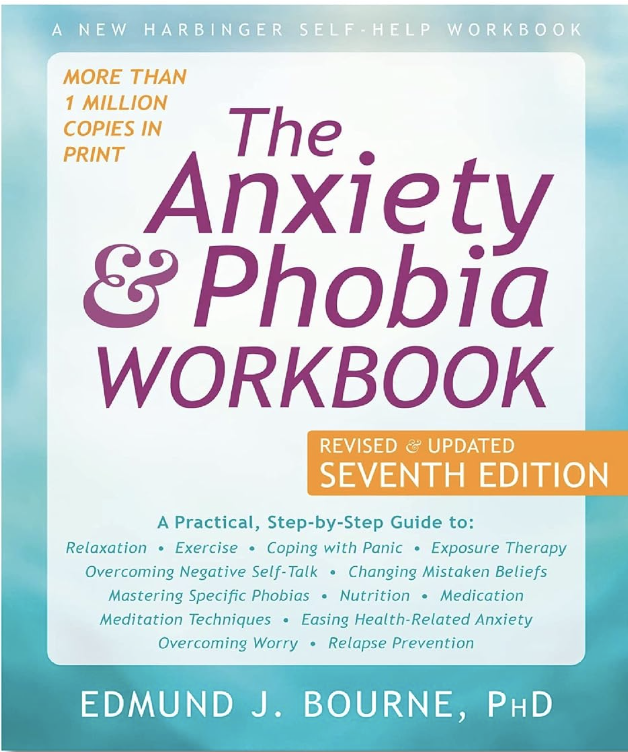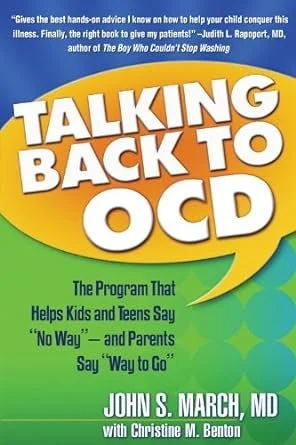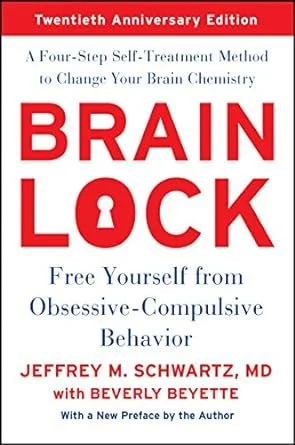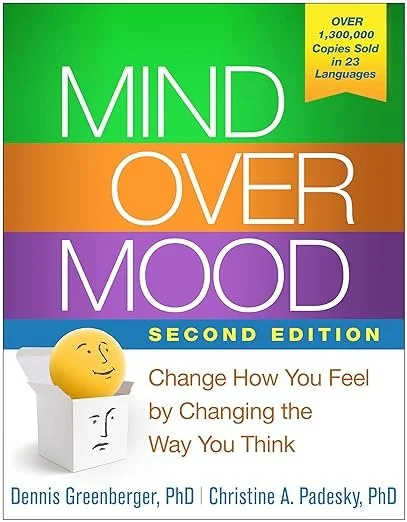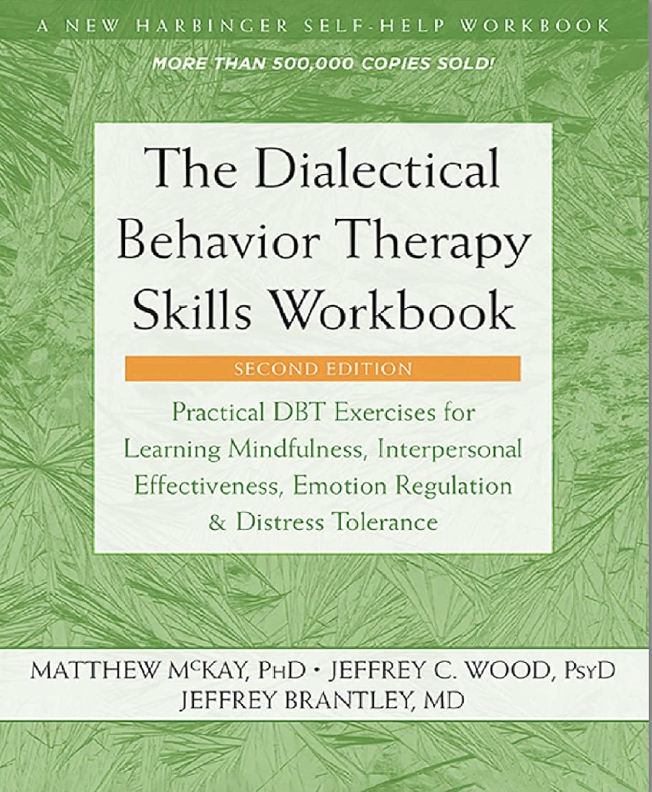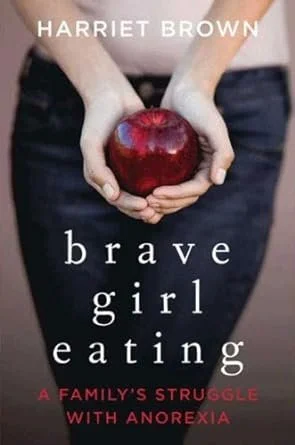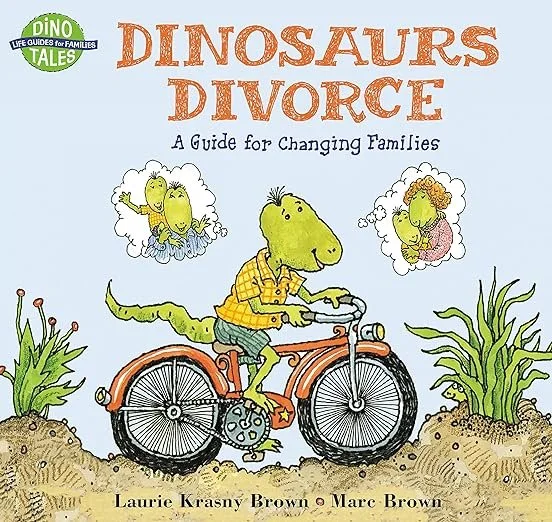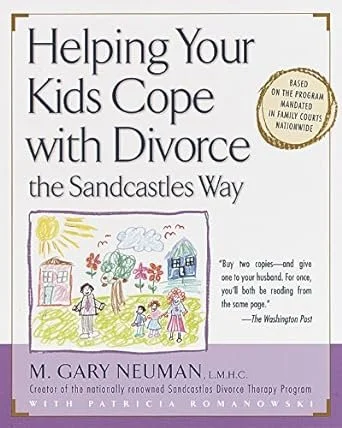Help is available.
Click or scroll down below to find the following resources and services we frequently recommend:
Emergency Psychiatric Services
Here’s where to go if you need emergency psychiatric services in the Triangle:
Raleigh
Durham
Duke University Hospital ER or Duke Regional Hospital (more information here)
Behavioral Health Urgent Care and 23-hour observation at Durham Recovery Response Center (Adults Only)
Chapel Hill
UNC Hospitals ER, which has a pediatric psychiatry unit as well as perinatal unit and eating disorder unit
Behavioral Health Urgent Care and mobile crisis unit at Freedom House Recovery Center. 866-275-9552
Greensboro
Crisis Resources
Free Support Groups & Community Resources
Smart Recovery. A resource for any substance and alcohol use concerns, or any addictive behavior. This is not a 12-step or religious-affiliated group.
Alcoholics Anonymous. A 12-step program for alcohol abuse recovery.
Narcotics Anonymous. A 12-step program for narcotics recovery.
Overeaters Anonymous. A 12-step program for eating disorder recovery.
NAMI Durham. This is a community support for people with mental illness and their families.
Helpful Apps We Frequently Recommend
Calm. Learn meditation, and enjoy a toolbox of relaxation tools - meditations, sleep stories & sleep music.
Headspace. A structured way to learn mindfulness meditation, also with great sleep tools.
Daylio. This is a daily mood tracker that can help you bring awareness to how your moods shift over days, weeks, and months. This can be helpful for folks with PMDD or Bipolar disorder in particular, or anyone who comes to a visit with us and can't remember or put into words how they've been doing.
Plant Nanny. If you struggle to drink enough water, this app will prompt you to drink enough water to keep your online plant alive, and keep you healthy and feeling your best. Dr. Fields is always recommending this one!
Books about Recovering from Trauma
Trauma is a fact of life. Veterans and their families deal with the painful aftermath of combat; one in five Americans has been molested; one in four grew up with alcoholics; one in three couples have engaged in physical violence. Dr. Bessel van der Kolk, one of the world’s foremost experts on trauma, has spent over three decades working with survivors. In The Body Keeps the Score, he uses recent scientific advances to show how trauma literally reshapes both body and brain, compromising sufferers’ capacities for pleasure, engagement, self-control, and trust. He explores innovative treatments—from neurofeedback and meditation to sports, drama, and yoga—that offer new paths to recovery by activating the brain’s natural neuroplasticity. Based on Dr. van der Kolk’s own research and that of other leading specialists, The Body Keeps the Score exposes the tremendous power of our relationships both to hurt and to heal—and offers new hope for reclaiming lives.
Have you ever wondered "Why did I do that?" or "Why can't I just control my behavior?" Others may judge our reactions and think, "What's wrong with that person?" When questioning our emotions, it's easy to place the blame on ourselves; holding ourselves and those around us to an impossible standard. It's time we started asking a different question.
Through deeply personal conversations, Oprah Winfrey and renowned brain and trauma expert Dr. Bruce Perry offer a groundbreaking and profound shift from asking “What’s wrong with you?” to “What happened to you?”
Here, Winfrey shares stories from her own past, understanding through experience the vulnerability that comes from facing trauma and adversity at a young age. In conversation throughout the audiobook, she and Dr. Perry focus on understanding people, behavior, and ourselves. It’s a subtle but profound shift in our approach to trauma, and it’s one that allows us to understand our pasts in order to clear a path to our future - opening the door to resilience and healing in a proven, powerful way.
Books: Anxiety & Mood Disorders
One of Wendy's favorites, this book is a wonderful exploration of the tools and principles of Acceptance & Commitment Therapy, which is based in mindfulness and helps readers to take concrete action toward living a life that is meaningful and in accordance with your deepest values.
This user-friendly and engaging book is also an 8-week online guided program for anyone who needs a more engaging platform to explore and try the therapeutic exercises. Or get the book and bring it to sessions with Wendy if you want to discuss!
Celebrating 30 years as a classic in its field and recommended by therapists worldwide, The Anxiety and Phobia Workbook is an unparalleled, essential resource for people struggling with anxiety and phobias.
Living with anxiety, panic disorders, or phobias can make you feel like you aren't in control of your life. Tackle the fears that hold you back with this go-to guide. Packed with the most effective skills for assessing and treating anxiety, this evidence-based workbook contains the latest clinical research. You'll find an arsenal of tools for quieting worry, ending negative self-talk, and taking charge of your anxious thoughts, including:
Relaxation and breathing techniques
New research on exposure therapy for phobias
Lifestyle, exercise, mindfulness and nutrition tips
Written by a leading expert in cognitive behavioral therapy (CBT), this fully revised and updated seventh edition offers powerful, step-by-step treatment strategies for panic disorders, agoraphobia, generalized anxiety disorder (GAD), obsessive-compulsive disorder (OCD), post-traumatic stress disorder (PTSD), worry, and fear. You will also find new information on relapse prevention after successful treatment, and updates on medication, cannabis derivatives, ketamine, exposure, nutrition, spirituality, the latest research in neurobiology, and more."
Thoroughly revised and updated - the go-to book for OCD sufferers who want to master their fears and take charge of their lives.
In the first comprehensive guide to treating obsessive compulsive disorder based on clinically proven behavioral therapy techniques, Dr. Lee Baer’s Getting Control has been providing OCD sufferers with information and relief for more than 20 years. In the same easy-to-understand format as the original, this updated edition includes:
Cutting-edge behavioral therapy techniques
Breakthrough advances in neuroscience
Brand-new material on hoarding
Expanded sections on how families can help OCD sufferers
The latest diagnostic standards as outlined by the American Psychiatric Association
A completely revised list of resources
OCD sufferers and their loved ones will find everything they need to assess their symptoms, set realistic goals, and create specific therapeutic exercises for managing this disorder.
No one wants to get rid of obsessive-compulsive disorder more than someone who has it. That's why Talking Back to OCD puts kids and teens in charge. Dr. John March's eight-step program has already helped thousands of young people show the disorder that it doesn't call the shots--they do. This uniquely designed volume is really two books in one. Each chapter begins with a section that helps kids and teens zero in on specific problems and develop skills they can use to tune out obsessions and resist compulsions. The pages that follow show parents how to be supportive without getting in the way. The next time OCD butts in, your family will be prepared to boss back--and show an unwelcome visitor to the door. (An Association for Behavioral and Cognitive Therapies (ABCT) Self-Help Book of Merit)
A simple four-step method for overcoming OCD that is so effective, it's now used in academic treatment centers throughout the world. Proven by brain-imaging tests to actually alter the brain's chemistry, this method doesn't rely on psychopharmaceuticals. Instead, patients use cognitive self-therapy and behavior modification to develop new patterns of response to their obsessions. In essence, they use the mind to fix the brain.
Using the real-life stories of actual patients, Brain Lock explains this revolutionary method and provides readers with the inspiration and tools to free themselves from their psychic prisons and regain control of their lives.
“Radical Acceptance offers us an invitation to embrace ourselves with all our pain, fear, and anxieties, and to step lightly yet firmly on the path of understanding and compassion.”—Thich Nhat Hanh
“Believing that something is wrong with us is a deep and tenacious suffering,” says Tara Brach at the start of this illuminating book. This suffering emerges in crippling self-judgments and conflicts in our relationships, in addictions and perfectionism, in loneliness and overwork—all the forces that keep our lives constricted and unfulfilled. Radical Acceptance offers a path to freedom, including the day-to-day practical guidance developed over Dr. Brach’s forty years of work with therapy clients and Buddhist students.
Writing with great warmth and clarity, Tara Brach brings her teachings alive through personal stories and case histories, fresh interpretations of Buddhist tales, and guided meditations. Step by step, she shows us how we can stop being at war with ourselves and begin to live fully every precious moment of our lives.
Winner of the 2014 Living Now Book Award for Inspirational Memoir
After having a nationally televised panic attack, Dan Harris knew he had to make some changes. A lifelong nonbeliever, he found himself on a bizarre adventure involving a disgraced pastor, a mysterious self-help guru, and a gaggle of brain scientists. Eventually, Harris realized that the source of his problems was the very thing he always thought was his greatest asset: the incessant, insatiable voice in his head, which had propelled him through the ranks of a hypercompetitive business, but had also led him to make the profoundly stupid decisions that provoked his on-air freak-out.
Eventually Harris stumbled upon an effective way to rein in that voice, something he always assumed to be either impossible or useless: meditation, a tool that research suggests can do everything from lower your blood pressure to essentially rewire your brain. 10% Happier takes readers on a ride from the outer reaches of neuroscience to the inner sanctum of network news to the bizarre fringes of America’s spiritual scene, and leaves them with a takeaway that could actually change their lives.
A classic work helping readers to implement the principles of cognitive behavioral therapy into their lives. "Change How You Feel by Changing the Way You Think". Mind Over Mood will help you:
Learn proven, powerful, practical strategies to transform your life.
Follow step-by-step plans to overcome depression, anxiety, anger, guilt, and shame.
Set doable personal goals and track your progress (you can photocopy the worksheets from the book or download and print additional copies).
Practice your new skills until they become second nature.
Books: Autism and ADHD
A deep dive into the spectrum of Autistic experience and the phenomenon of masked Autism, giving individuals the tools to safely uncover their true selves while broadening society’s narrow understanding of neurodiversity", written by a non-binary self-identified autistic social psychologist for other autistic people, this book is helpful and affirming, and a must-read for anyone who identifies as autistic, and for those who love them.
This philosophical and theoretical book by physician and neuroscientist Gabor Mate takes a controversial perspective about ADHD that looks at how early life experiences, trauma, and environment shape attention and distractibility, and how we can utilize tools and healing to modify the condition. If you're really delving into understanding how and why your ADHD brain (or your loved one's!) works, we think it's worth a read.
Forgetful. Achieving below potential. Stuck in a rut. Time challenged. (FAST)
Motivationally challenged. Impulsive. Novelty seeking. Distractible. Scattered. (MINDS)
An easy, practical guide to implementing tools and strategies to help yourself or your loved ones cope with ADHD. "FAST MINDS is an acronym for common symptoms that are often seen in Attention Deficit Hyperactivity Disorder (ADHD). Millions of adults have ADHD or some of its traits, but they are under-recognized, under-treated, and often under-supported.
This book empowers people with ADHD, or some of its characteristics, to adapt and thrive. By working through the program in this book, you will develop personalized strategies to take control of your life.
Books: Coping Challenges
A classic book about coping when you love someone with Borderline Personality Disorder.
Do you feel manipulated, controlled, or lied to? Are you the focus of intense, violent, and irrational rages? Do you feel you are "walking on eggshells" to avoid the next confrontation? If the answer is yes, someone you care about may have borderline personality disorder (BPD) - a mood disorder that causes negative self-image, emotional instability, and difficulty with interpersonal relationships.
Stop Walking on Eggshells has already helped more than a million people with friends and family members suffering from BPD understand this difficult disorder, set boundaries, and help their loved ones stop relying on dangerous BPD behaviors. This fully revised third edition has been updated with the very latest BPD research on comorbidity, extensive new information about narcissistic personality disorder (NPD), the effectiveness of schema therapy, and coping and communication skills you can use to stabilize your relationship with the BPD or NPD sufferer in your life. This compassionate guide will enable you to:
Make sense out of the chaos
Stand up for yourself and assert your needs
Defuse arguments and conflicts
Protect yourself and others from violent behavior
A classic and helpful concrete workbook if you have been recommended to try DBT therapy but can't find a therapist or group, and still want to try out some of the skills! Useful to bring with you to our meetings so we can help you with your learning. From the author:
Do you have trouble managing your emotions? First developed by Marsha M. Linehan for treating borderline personality disorder, dialectical behavior therapy (DBT) has proven effective as treatment for a range of other mental health problems, and can greatly improve your ability to handle distress without losing control and acting destructively. However, to make use of these techniques, you need to build skills in four key areas: distress tolerance, mindfulness, emotion regulation, and interpersonal effectiveness.
The Dialectical Behavior Therapy Skills Workbook, a collaborative effort from three esteemed authors, offers evidence-based, step-by-step exercises for learning these concepts and putting them to work for real and lasting change. Start by working on the introductory exercises and, after making progress, move on to the advanced-skills chapters. Whether you’re a mental health professional or a general reader, you'll benefit from this clear and practical guide to better managing your emotions.
This fully revised and updated second edition also includes new chapters on cognitive rehearsal, distress tolerance, and self-compassion. Once you’ve completed the exercises in this book and are ready to move on to the next level, check out the authors’ new book, The New Happiness Workbook.
Books: Parenting
A memoir by a mother who helped her daughter recover from Anorexia Nervosa, helpful for feeling less alone and coping strategies for helping your child recover from an eating disorder.
In Brave Girl Eating, the chronicle of a family’s struggle with anorexia nervosa, journalist, professor, and author Harriet Brown recounts in mesmerizing and horrifying detail her daughter Kitty’s journey from near-starvation to renewed health. Brave Girl Eating is an intimate, shocking, compelling, and ultimately uplifting look at the ravages of a mental illness that affects more than 18 million Americans.
A classic and important text about communicating with your children and becoming a person they will talk to, even when things are hard! A must-read for all parents.
Wendy first read this one when pregnant with her second child, and strongly recommends it to all parents of more than one child. It's one I frequently go back to!
This is an affirming and positive book about how to parent your "spirited child." As parents ourselves, we have found this one invaluable!
Books: Divorce & Family Conflict
A comprehensive, sensitive guide for changing families, Dinosaurs Divorce helps readers understand what divorce means, why it happens, and how to best cope with everyone's feelings.
Topics covered in the book include: Divorce Words and What They Mean * Why Parents Divorce * After the Divorce * Living with One Parent * Visiting Your Parent * Having Two Homes * Celebrating Holidays and Special Occasions * Telling Your Friends * Meeting Parents' New Friends * Living with Stepparents * Having Stepsiblings
A helpful and practical guide for navigating divorce and co-parenting, minimizing trauma and impact to your children. This warm, empathetic guide shows you:
How to build a co-parenting relationship--even when you think you can't
When you or your child should see a therapist
Age-appropriate scripts for addressing sensitive issues
What to do when a parent moves away
How to stop fighting with your ex-spouse
How to navigate the emotional turmoil of custody and visitation
How to help your child deal with change
How to cope with kids' common fears about separation
How to introduce significant others into the family and help your child cope with a new stepfamily
